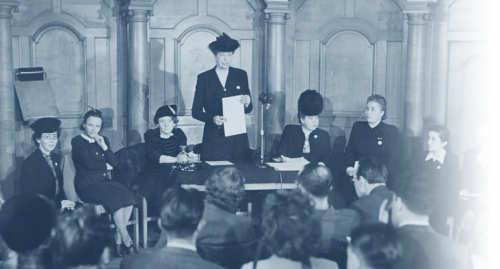
Scope of Freedom of Expression
This Module focuses on the extent and limits of freedom of expression under international human rights treaties beginning with the ICCPR, as well as under the regional human rights conventions of Europe, the Americas and Africa. The Module includes extensive readings and jurisprudence on the three-part test, the legal test that governs in many countries around the world the legitimate restrictions to freedom of expression
